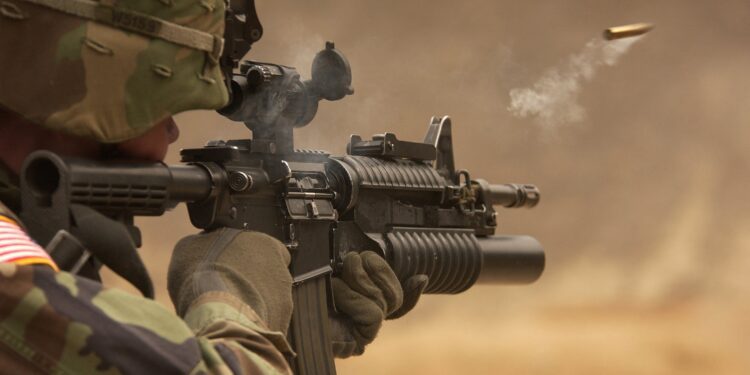The Sudanese army launched its most significant offensive in months against the paramilitary Rapid Support Forces (RSF) on Thursday, September 26th, targeting key areas in the capital Khartoum, Bahri, and Omdurman. The offensive involved artillery and airstrikes aimed at retaking territories lost to the RSF at the onset of the civil conflict in April 2023. Eyewitnesses reported heavy bombardment, with plumes of smoke visible across the city as military forces attempted to cross key bridges over the Nile.
The offensive comes after months of a stalemate, during which the RSF has maintained control over most of Khartoum. The army’s efforts to regain ground appear to coincide with a speech by General Abdel Fattah al-Burhan, Sudan’s de facto leader, at the United Nations General Assembly in New York, where he stressed the need for international support to counter the RSF’s occupation. Al-Burhan accused foreign states of backing the RSF with funding and mercenaries to further their political and economic interests.
Since the conflict erupted, over 150,000 people have been killed and more than 10 million displaced, creating one of the world’s worst humanitarian crises. The conflict has led to famine conditions, particularly in Darfur, where ethnic violence has escalated, and the humanitarian situation is critical. In al-Fashir, the last army-controlled city in North Darfur, the RSF has continued its advance, triggering fears of mass atrocities.
The United Nations has documented widespread human rights abuses, including executions, abductions, and sexual violence, primarily attributed to RSF forces. UN High Commissioner for Human Rights Volker Turk has warned that the fall of al-Fashir could lead to further ethnic violence.
Diplomatic efforts, including United States-led ceasefire negotiations, have thus far failed to halt the fighting. The Sudanese army recently refused to attend talks in Switzerland, reflecting the deepening divide between the warring factions. As the conflict continues, Sudan’s population faces extreme hunger, displacement, and an ongoing cholera outbreak, exacerbating an already dire situation.










